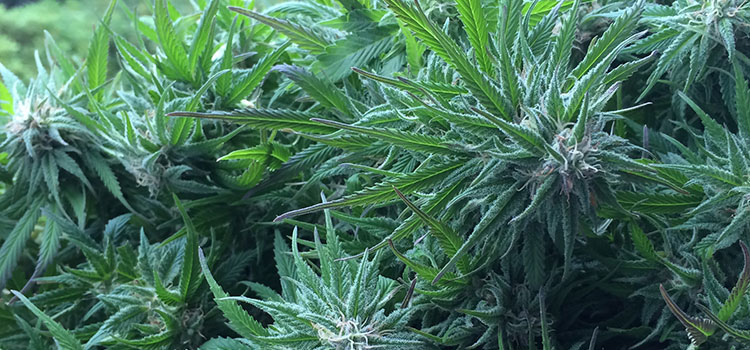Today marks the day New Yorkers finally gain access to medical marijuana.
Eight dispensaries in Onondaga, Erie, Albany, Ulster and Westchester Counties and Manhattan have opened for business for the first time today. There are nearly 150 doctors signed up with the Department of Health to prescribe cannabis to patients.
“Governor Cuomo gave us an extremely ambitious timeline to get the medical marijuana program up and running, and I am pleased that we have met his goals.” New York State Health Commissioner Dr. Howard Zucker said in a release. “Our program ensures the availability of pharmaceutical-grade medical marijuana products for certified patients and establishes strict regulatory controls to protect public health and safety.”
Patients suffering from cancer, HIV/AIDS, ALS (Lou Gehrig’s disease), Parkinson’s disease, multiple sclerosis, intractable spasticity caused by spinal cord nervous tissue damage, epilepsy, inflammatory bowel disease, neuropathies and Huntington’s disease may qualify to obtain medical marijuana in the state.
The Compassionate Care Act does not allow smoking of the plant matter, instead it allows five registered organizations to grow cannabis plants that are used to manufacture liquid-based products such as capsuled pills, sublingual drops, oral sprays and concentrates for use in vaporization pens.
The Drug Policy Alliance, however, is concerned about the small number of locations, the nominal number of enrolled physicians and number of approved conditions. The advocacy group would like to see Alzheimer’s disease, muscular dystrophy, dystonia, post-traumatic stress disorder and rheumatoid arthritis treatments approved for the program.
“Medical marijuana only becomes real in New York when patients have the medicine they need,” said Julie Netherland, of the Drug Policy Alliance in a statement. “For this program to work, we need to take seriously the concerns that have been raised about patients’ access – low doctor enrollment, geographic accessibility to dispensaries, affordability and including patients with other serious medical conditions. Too many patients are being left behind and too many have suffered far longer than they should have.”
Additional dispensaries will open in various locations throughout the state as the program matures. The Health Department has asked each supplier to develop delivery options for patients unable to travel due to their medical condition. The five organizations also have the freedom to offer their products at reduced prices for low-income patients.
